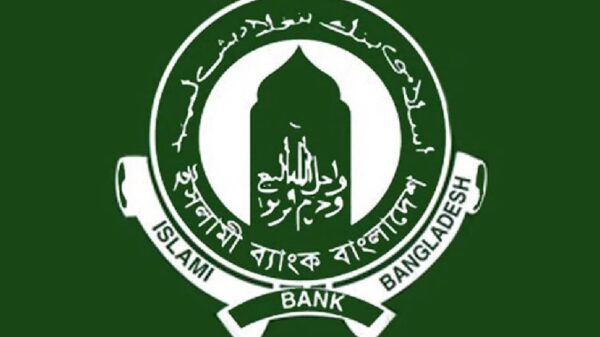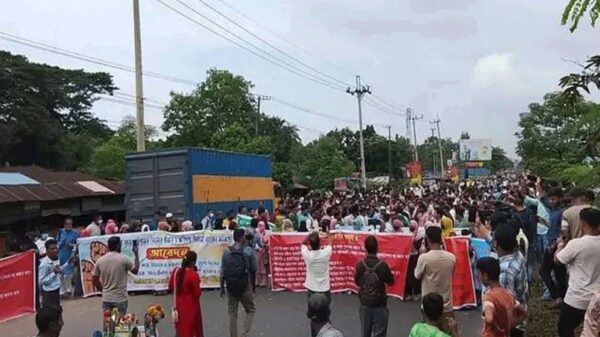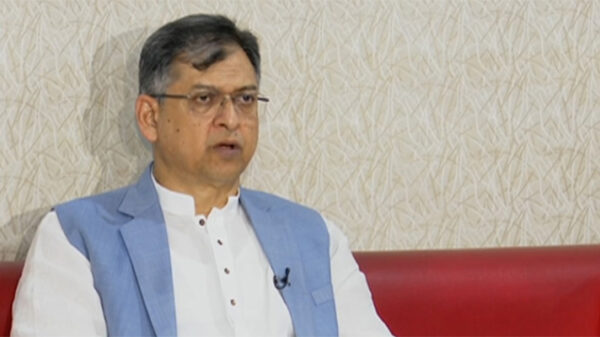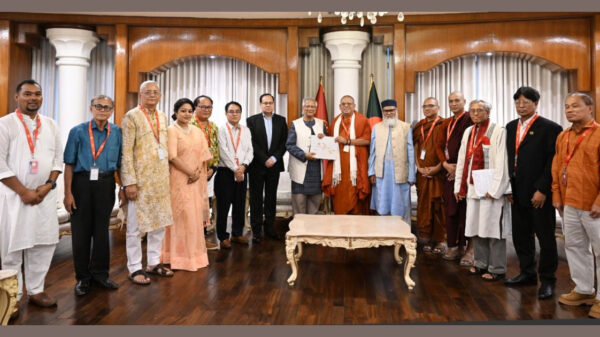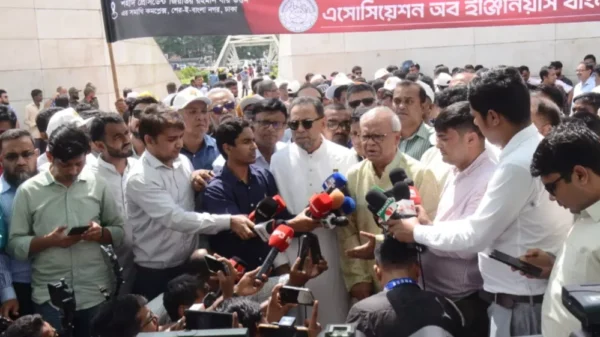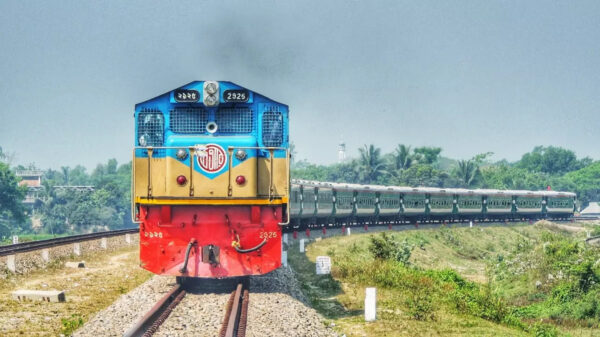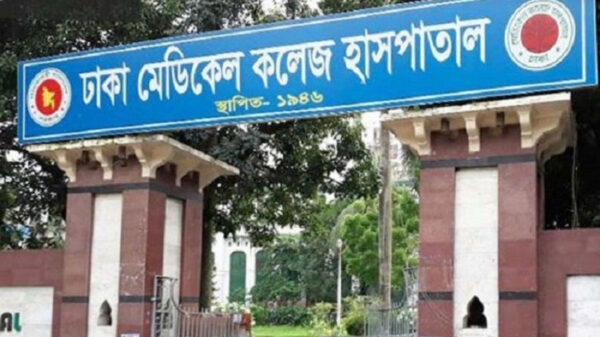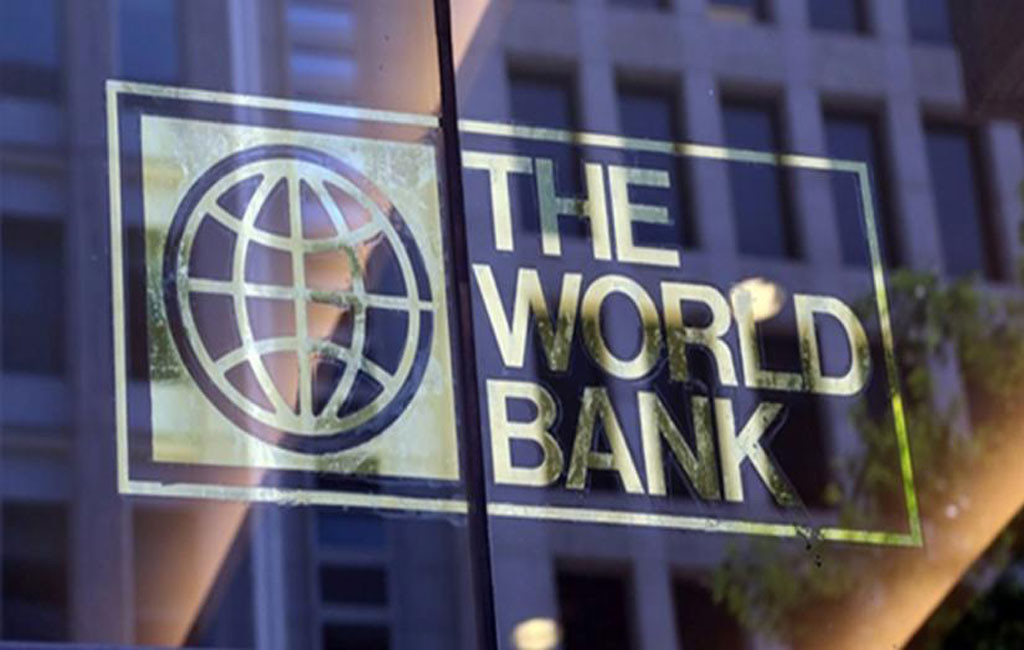A Correspondent:
The board of executive directors of the World Bank have discussed a new country partnership framework (CPF) for Bangladesh that will cover the years 2023-2027 and approved $1.25 billion in financing for three new projects.
The CPF is based on the government’s Eighth Five-Year Plan and the Long-Term Perspective Plan 2021–2041 and aims to support Bangladesh in achieving its goal of becoming an upper-middle-income country by 2031, reads a World Bank press release issued on Friday.
This will be accomplished by addressing key barriers to higher and sustainable growth. These include the need to develop a diversified and competitive private sector that creates more and better jobs, promote socioeconomic inclusion to expand opportunities for all and address climate and environmental vulnerabilities, it adds.
The $1.25 billion financing will be allocated to the following projects:
The $500 million Program on Agricultural and Rural Transformation for Nutrition, Entrepreneurship and Resilience (PARTNER) project will help promote diversification, food safety, entrepreneurship and climate resilience in agri-food systems.
The $500 million First Green and Climate Resilient Development Credit will assist the country in its transition to green and climate-resilient development.
The $250 million Sustainable Microenterprise and Resilient Transformation (SMART) project will help transform the micro-enterprise sector into a more dynamic, less polluting, resource-efficient and climate-resilient growth sector.
The World Bank’s International Development Association (IDA) has an ongoing program in Bangladesh of $16.3 billion, while the Multilateral Investment Guarantee Agency (MIGA) has a current program of just over $1 billion. The International Finance Corporation (IFC) also has an ongoing program of about $1 billion.
Overall, these projects are designed to support Bangladesh in achieving its goals and moving towards a more prosperous future, the press release says.


